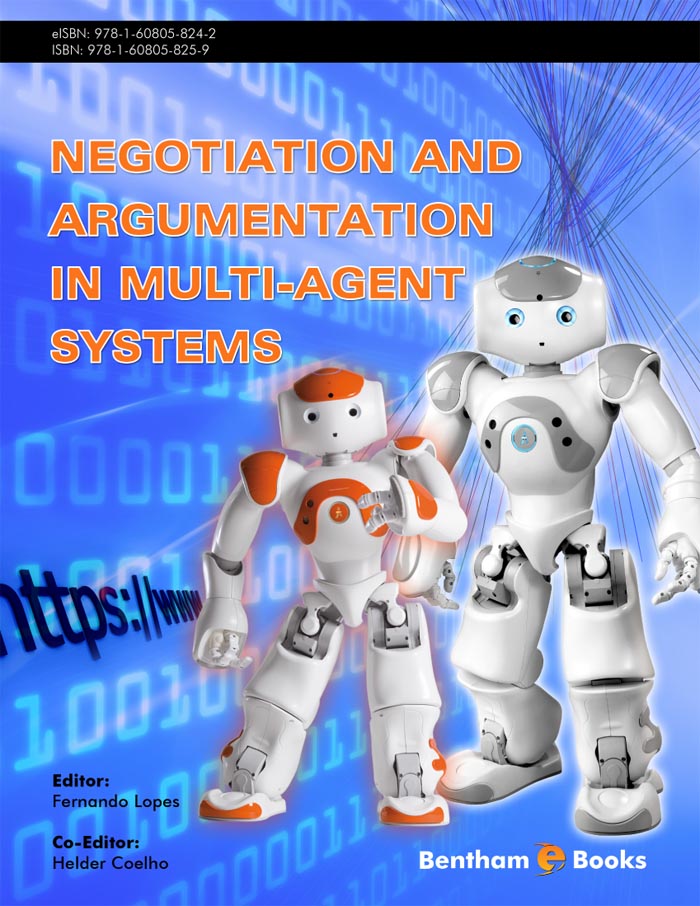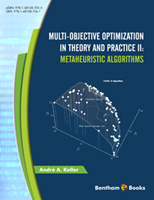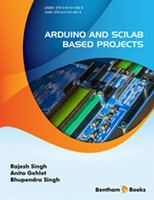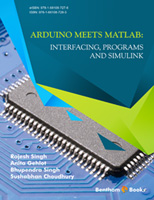Negotiation is a common, everyday activity that most people use to resolve opposing interests. Businesses negotiate to purchase raw materials and to sell final products. Labor and management negotiate the terms of contracts. Lawyers negotiate to settle legal claims before they go to court. The police negotiate with terrorists to free hostages. Nations negotiate trade agreements and peace accords. Friends negotiate to decide which television programs to watch. The list is endless. Hence, negotiation is not a process reserved only for the skilled diplomat, top salesperson, or ardent advocate for organized labor— it is something that everyone does, almost daily. Although the stakes are not usually as dramatic as peace accords or large corporate mergers, everyone negotiates to resolve problems or disputes.
The negotiation process is fundamentally the same at the personal level as it is at the diplomatic and corporate levels. It is a complex dynamic process. Negotiation requires skills, both behavioural and analytical, to diagnose problems and select appropriate strategies and tactics. It typically involves persuasiveness, eloquence, clever maneuvering, and occasional histrionics. Also, it is a learnable process—most people can improve with a few lessons, a bit of coaching, and some tips on how to do it better. Nevertheless, the core of negotiation is reciprocal offer and counter-offer, argument and counter-argument in an attempt to agree upon outcomes mutually perceived as beneficial.
Multi-agent systems (MAS) represent a relatively new and rapidly expanding area of research and development. MAS are systems composed of software agents that interact to solve problems that are beyond the individual capabilities of each agent. Software agents are elements situated in some environment and capable of flexible autonomous action in order to meet their design objectives. Agent technology is being used to solve real-world problems in a wide variety of commercial and industrial applications, including electronic commerce, electricity networks, business process management, process control, telecommunications, and air traffic control.
Clearly, agents are increasingly acting as elements in complex, distributed communities and need to interact with other agents and with people to fulfill their tasks. This phenomenon has been emphasized by the huge growth and success of the Internet. Conflicts between such agents are inevitable—they are not necessarily bad or good, but they are inevitable. Conflicts occur whenever there are scarce resources, when agents have different interests at stake, or when they try to limit each other’s power to control some situations. Conflict resolution is crucial for avoiding harmful interactions, reconciling disparate viewpoints, and ensuring that agents act coherently in making decisions or taking action. Negotiation is the predominant process for productively managing conflict.
This book is about the common ground between two fields of inquiry: negotiation theory and multi-agent systems. Human negotiation is studied in the various branches of the social sciences, notably economics, international relations, management science, and social psychology. Automated negotiation is an active area of research in artificial intelligence (AI) and computer science generally. This book lets these different strands come together—it includes methods and techniques from the social sciences and AI, merging human with automated negotiation, and thus natural with artificial intelligence. The area of negotiation in multi-agent systems has grown significantly in the past few years resulting in a substantial body of work and well-established technical literature. There are several journals that focus on research in this area (e.g., Group Decision and Negotiation, and Autonomous Agents and Multi-Agent Systems). In addition, various forums have been dedicated to the study of negotiation in MAS, such as the Group Decision and Negotiation conference series, and the Agent-Based Complex Automated Negotiation (ACAN) workshop series held in conjunction with AAMAS. And development has occurred on the practitioner side as well. At present, automated negotiation systems with software agents representing individuals or organizations and capable of reaching mutually beneficial agreements are beginning to become an important subject of academic teaching, and industrial and commercial applications. Yet, although valuable collections of articles exist, particularly special issue journals and proceedings of conferences and workshops, there is no comprehensive presentation of the major achievements in the area. Also, efforts to draw from the broader study of techniques for influence and argumentation, to integrate this work into a broader understanding of negotiation, or to apply this work to a broad spectrum of conflict and negotiation settings were only beginning to occur. The purpose of this volume is to fulfill these needs.
This book reflects the state of the art in the area of negotiation in MAS, and presents the most recent and very best work on negotiation and the related topics of conflict management and argumentation. It offers the reader a comprehensive and up-to-date overview of the principal theories, methods, and findings relating to the area. The primary audience is composed of researchers, instructors, and graduate students—the book successfully integrates theory, scientific research, and practical applications, and is sufficiently informative to earn the respect of specialists. At the same time, readers who have not specialized in the study of negotiation in MAS should find this an excellent introduction to the area. It is written in a highly accessible style and the text is liberally supported with examples and illustrations.
The book gives an insightful view of a landscape of stimulating ideas and offers a number of key features, notably:
-
Scope. It is organized into three parts: Fundamentals, Theories and Systems, and Applications. It introduces the reader to the essentials of negotiation in MAS (Part I), treats various specialised topics in detail (Part II), and presents some practical applications (Part III).
-
Theory. It gives a clear and careful presentation of the key concepts and algorithms that form the core of the area. Many examples and illustrative case studies are provided.
-
Practice. The emphasis is not only in theory, but also on practice. The ideas presented in the book are supplemented with real-world applications, such as liberalized electricity markets and pervasive services.
-
Expertise: Its chapters have been written by leading and outstanding authorities that have helped shape the area of negotiation in MAS. This guarantees that the book is built on a very broad and diverse basis of knowledge and experience.
An explanatory and cautionary note about the last-mentioned feature is in order. It is clear that a book prepared by just a few authors is likely to be more coherent than a book in which many authors are involved. But as the reader will see, the editors have invested considerable effort in ensuring the coherence of the book—the chapters’ topics and order was done carefully to produce a highly organised text containing a progressive development of ideas, concepts, and techniques. Also, contributors had the chance to review each others’ work at various stages of writing in order to ensure unified notation (when possible), helping to significantly improve the quality of the book.
This book could not have been completed without the assistance of numerous people. We especially thank:
-
All authors of the book, who have shared ideas and deep insights into the fertile area of negotiation in MAS.
-
The different organisations that have supported the authors.
-
Many of our colleagues working on effective negotiation, who have given us helpful feedback to improve the content of the book.
-
The staff of Bentham Science Publishers, for their excellent editorial assistance.
-
Our families, who have provided us with the time and support required to finish this project—it is to them that this book is dedicated. In conclusion, this book is very much a team effort of different people, whose credentials as researchers in the area of negotiation in MAS are impressive, and whose research efforts have made the growth of this area possible.?
Fernando Lopes
LNEG – National Research Institute
Lisbon, Portugal
Helder Coelho
University of Lisbon
Lisbon, Portugal





